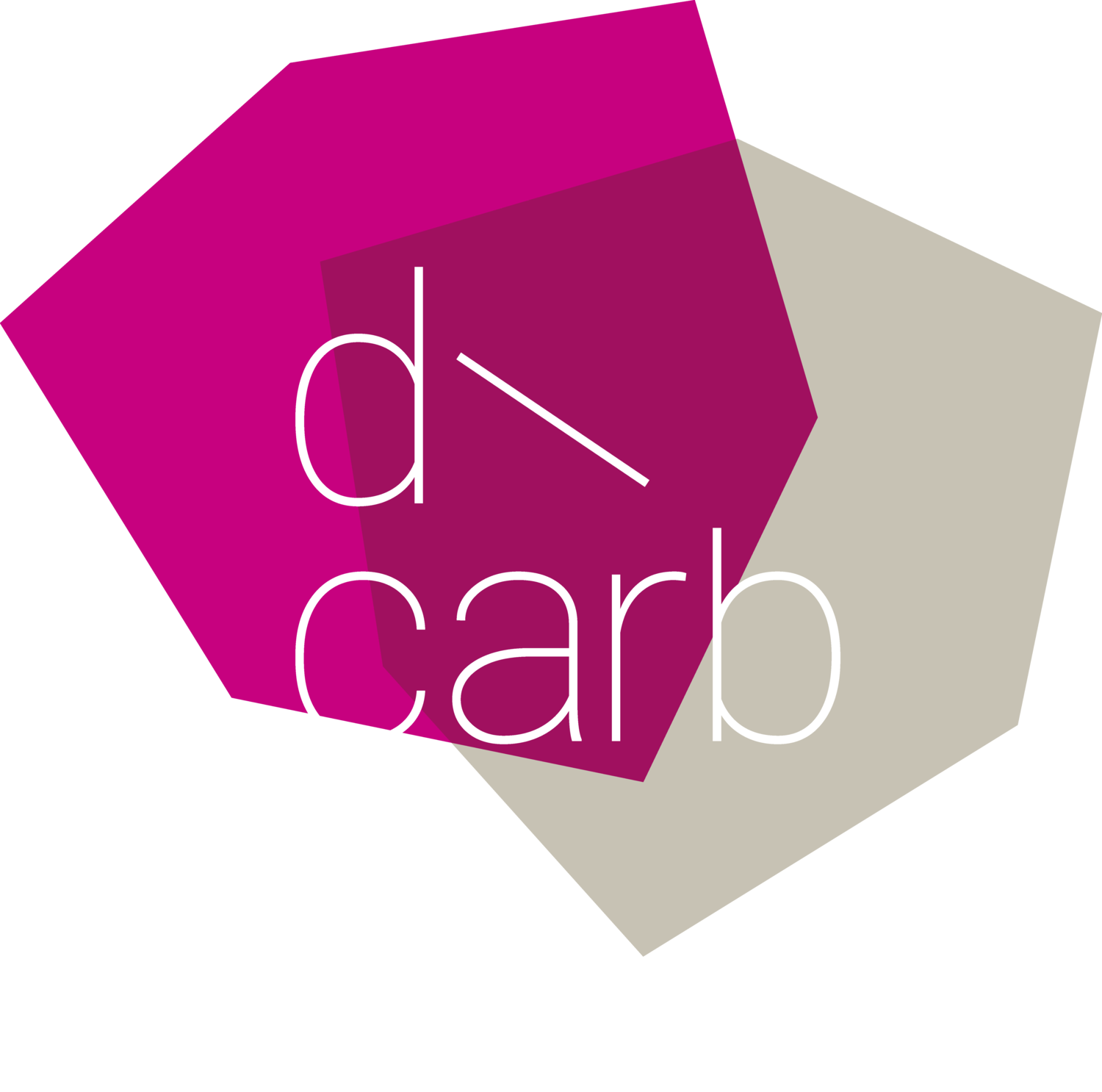About
Economic growth is often seen as a sign of success. Higher economic performance leads to more jobs and higher consumption. So, it is not surprising that supporting economic growth is considered a key political goal by many politicians. In particular, Philippe Aghion emphasizes that our modern standard of living is largely due to innovation in the context of free-market capitalism. This needs to be combined with an active state to help anticipate and develop the technologies for a net-zero economy while maintaining prosperity.
In contrast, Dietrich Vollrath has coined a new narrative that our current growth slowdown is a symptom of our widespread economic success rather than a phenomenon to be feared. He argues that our economy already supplies most necessities of modern life and that new forms of production and consumption increase our well-being but not necessarily our GDP. These include, but are not limited to health, education, and environmental quality and sustainability.
In part 6 of our series of events on green growth and de-growth, we discuss the role of creative destruction for greening growth, and whether slowing growth can also help mitigate climate change. We are pleased to welcome principal proponents of both of these views to a panel discussion. Phillippe Aghion is Professor at the Collège de France & London School of Economics, who in his new book "The Power of Creative Destruction: Economic Upheaval and the Wealth of Nations" outlines possible measures for the green transformation of our economy. Dietrich Vollrath is Professor and Chair of the Economics Department at the University of Houston. In his book "Fully Grown" he argues that economic stagnation can be seen as a sign of success. The event will be moderated by Marion Dumas, Assistant Professorial Research Fellow at the Grantham Research Institute on Climate Change and the Environment.


